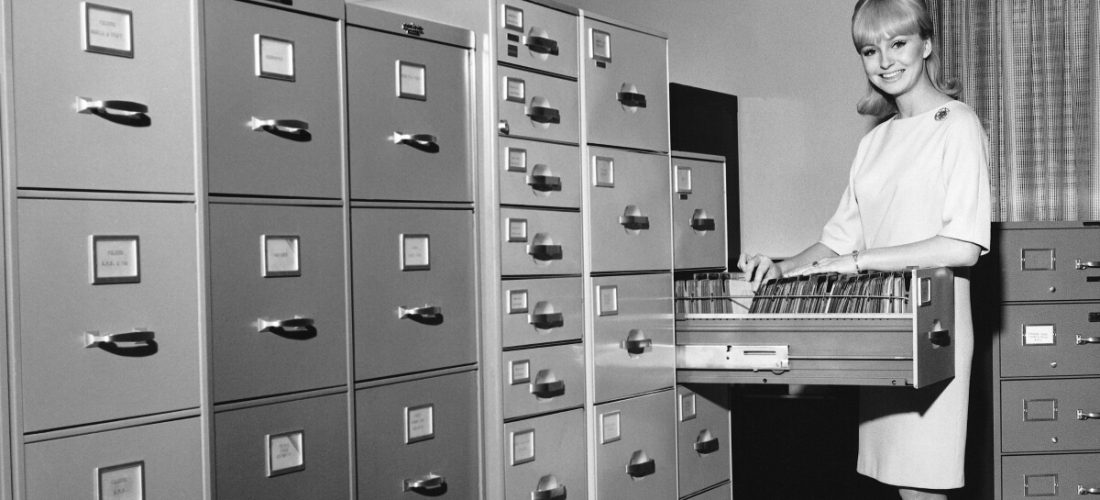Looking for a job can take longer than you expect and you may apply for more jobs than you planned. It’s vital to keep detailed records of your efforts and keep track of job applications, so you avoid duplication and forgetting what you’ve applied for.
Record keeping may not be an exciting task, but it is an important part of the job search process. Create a system that works for you and is easy to access and update, because it’s important to maintain it.
Why you need to keep track of job applications
You may think record keeping isn’t necessary, especially if you expect to only apply for a few jobs. But the reality of the current job market is people are applying for 10s if not 100s of positions before securing a new role. You may find yourself sending out many copies of your resume before you’re even invited to a job interview.
If a recruiter or potential employer contacts you, being unprepared could eliminate you from their shortlist. If it’s been a while and you can’t recall the organisation or job you applied for, it could make you look unprofessional and incompetent.
However, if you keep track of job applications you can quickly access the information and improve your chances of being asked to interview. You also avoid applying for the same position again, which an employer could interpret as being unorganised and forgetful.
More benefits of maintaining job application records
If you start to feel downhearted by your lack of progress, your job application tracking system could provide positive evidence of your efforts and motivate you. You can also use it to identify trends and patterns to improve your job search skills, for example do you have more success with a particular version of your resume. Plus it can help you remember to thank networking contacts who gave you job leads or referred you to someone.
How to track your job search
You can choose to record your search either on paper or on a computer. There are even options to use your phone. Check out Glide Outplacement’s job application tracking form template or online tools like JibberJobber. Or create a spreadsheet that you can use to sort information, eg by date applied or alphabetically, making it easy to find particular applications.
If you use paper records, be methodical and set up a central location (eg a file or folder). Keep things clipped or stapled together, so you don’t separate a job advertisement from your record.
What should you track?
You should record information on every job you apply for, including:
- Job title
- Company name. If your job search is broad, include some details about the type of work or industry it is in.
- Contact information – name of contact person(s), mail address, email address and phone numbers you deal with throughout the process.
- Application type – did you apply via an online form, email or post?
- Source of job lead –did you find out about the position through a referral, online job board, recruitment agency, company website or advertisement? Try and keep a copy of the job be removed after the application date expires.
- Materials sent. Include details of the version of your resume you sent, as well as the cover letter and other items that may be requested such as transcripts and work samples.
- Date applied
- Date of intended follow-up
- Results of each application, eg invitation to interview; request for more information; rejection; job offer.
You can add other information that will help you to remember the job and keep track of your applications.
Update your records with any new information, and review them to decide the next step for each application.
